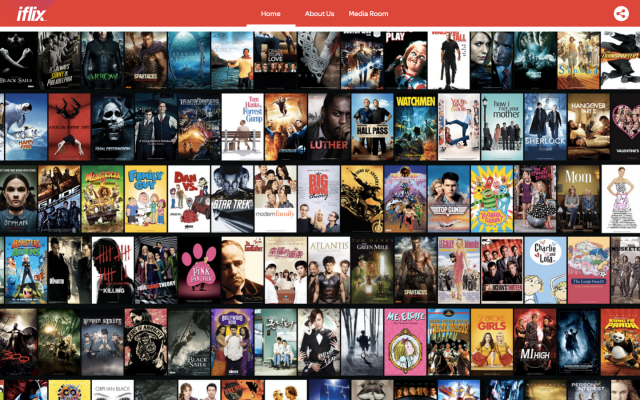Video on-demand is looking like a hot market in Asia in 2015, after iFlix, one of a number of Netflix-like services to have sprouted up in Southeast Asia, landed a $30 million investment ahead of its imminent launch.
iFlix was first announced in March by Catcha Group — a Malaysia-based organization that runs a plethora of online businesses, including group buying site Ensogo — and Evolution Media Capital, and it plans to begin rolling out this quarter. The $30 million injection of capital has come from Catcha itself, and PLDT, a telecom conglomerate in the Philippines.
The money will go towards bringing the service to more countries in Southeast Asia, increasing its catalog — which iFlix pegs at a vague “over 10,000 hours of content” — and financing a marketing push. Interestingly, iFlix said also that it will use the funds to “produce original programming.” That’s something that Netflix has done with great success, and with industry accolades to boot.
An iFlix spokesperson told TechCrunch that the company is “working with local and regional production companies rather than independent producers on original content.” I don’t expect to see House Of Cards, but it will be fascinating to see exactly what kind of content that it develops given that its audience is Southeast Asian consumers and not those in the West.
Netflix stepped into Asia Pacific this year with an entry into Australia and New Zealand. It is due to come to Japan this fall, but Southeast Asia — and its 600 million cumulative population — does not appear to be on the cards any time soon, hence the early rush to market from a number of competitors.
iFlix isn’t alone in sensing a first mover opportunity in Southeast Asia. Earlier this year, telecom giant SingTel partnered with Sony and Warner to launch HOOQ, another Netflix competitor that is targeting the region with a focus on mobile. HOOQ went live in the Philippines in February, and iFlix is initially targeting the Philippines and Malaysia in Q2 2015 — we can expect both companies to move into Southeast Asia’s most prominent countries this year.
This battle is welcome news for film lovers in the region who have long cast jealous glances at the bevy of programming available to audiences in other parts of the world.
